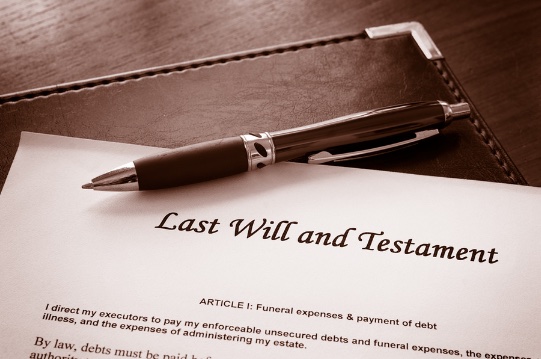How much does it cost to make a Will?
This is often the first question we get asked.
The short answer is “it depends” – and it does, on a range of possible circumstances.
You may believe your affairs are straight forward and therefore shouldn’t cost much. However, before you jump to that conclusion, do any of the following points apply to you:
- Are you part of a blended family and do you have children from a previous relationship?
- Do you intend on cutting out a family member from benefiting under your Will?
- Have you separated from your spouse, and do you foresee yourself going through Family Court to separate out your marital assets?
- Do you have a disabled child?
- Do you want to create some unusual provisions in your Will?
- Do you want to create a life interest or a right to reside?
- Are you a director of a company?
- Do you have a self-managed superannuation fund?
- Are you involved in a business or a Family Trust, or are you the director of a corporate trustee?
- Do you have a large estate that you want held in a trust so that your estate can provide for your loved ones for many years into the future?
If you answered ‘yes’ to any of the above matters, then it is fair to say that your circumstances are not straight forward. You need a lawyer who you can meet with face-to-face and who will take the time to learn about your personal situation and listen to your wishes.
Of course, there are many lawyers that prepare Wills, often as an ‘add on’ to their list of legal services they offer their clients. However, we believe, that even if you have a relatively straightforward situation, you should see a lawyer who can also take the time to prepare your Will tailored according to your circumstances, not just blindly use a precedent on their system.
The area of Wills and estates is fast becoming more complicated as people’s affairs are becoming more complicated. A lawyer experienced in Wills and estates not only considers the assets that form part of your estate, but they will also consider your non-estate assets to ensure that everything you own or have control over, flows to your loved ones on your death.
Further, you need someone who is up to date on relevant legislation and caselaw. It is no secret that challenges to estates are on the rise. We do our best to prevent your Will from being challenged, saving you from vast sums of your estate being spent on future legal fees.
You may also need to consider other documents aside from your Will, including non-estate assets or those relating to your self-managed superannuation fund.
In conclusion, you can expect to pay more than “a couple of hundred bucks” for your Will if it is prepared by an experienced Wills and estates lawyer. Why? They will put the appropriate time into doing it properly.
The saying “you get what you paid for” is never more applicable than in relation to the legal advice you receive when you make your Will. If you have a problem with your car, you take it to a properly trained mechanic, not just someone who is generally ‘good with tools’.
Hence, if you want all your estate matters considered properly and clearly outlined in your Will, then why would you not engage a lawyer that specialises in Wills and estates?





